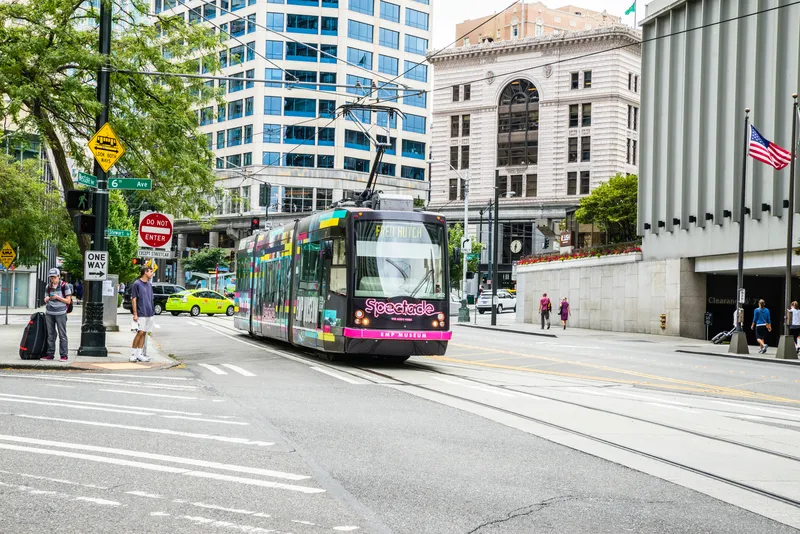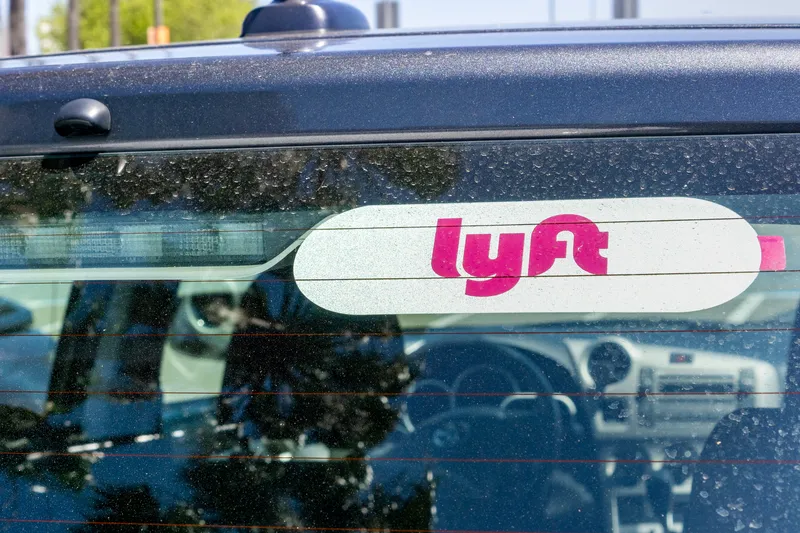
Data analytics specialist Vianova has bolstered its relationship with transport agency Brussels Mobility in a bid to make shared mobility in the Belgian capital more efficient.
They have worked together since 2020 but a new agreement extends the platform use to more modes - such as e-scooters, cars, bikes and ride-hailing services - as streets in the city are repurposed and new operators proliferate.
Dott, Bolt and Lime are among the players active in the city, and recent data shows that 9% of journeys are made by bike and 1% are by e-scooters, with car journeys cut from 38% in 2010 to 27% in 2022.
Vianova says its platform was instrumental in creating 120 new geofenced slow-speed zones, no-go rules and incentivised parking hubs for riders across the city as the micromobility fleet in the city grew from 5,000 vehicles to over 20,000.
The company adds that its work "reduced pavement clutter and street patrols by 30%, saving resources and improving public opinion of shared mobility"
Fleet operators were also able to use the platform "to ensure the correct distribution of their vehicles throughout the city, from an initial device rotation of 1.14 to 1.69, to ensure they were accessible to more customers".
Thibault Castagne, co-founder and CEO at Vianova, said: “Brussels is one of Europe’s growing city hubs and the people that live there want a way to move around that is safe, sustainable and accessible."
Its data insights "will reduce pavement clutter, make the streets safer, and encourage even more people to use shared mobility options", he adds.
Martin Lefrancq, new mobility policy advisor at Brussels Mobility, said: “Shared modes of mobility, such as scooters, bikes and cars, are the future of transport, they are helping us reach key Net Zero targets and create healthier, more livable cities for all.”
More than 60 cities, including Abu Dhabi, Paris and Berlin, use Vianova’s connected platform, with around 75% using it exclusively for managing micromobility fleets, the firm says.








